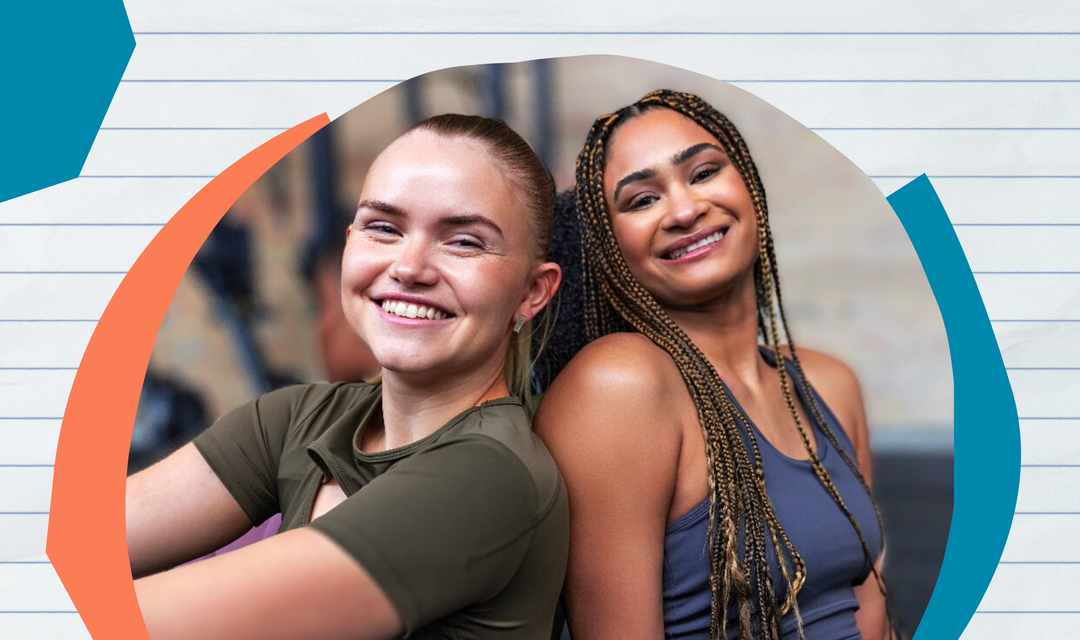“That said, life happens,” says Sullivan. Maybe you get the nasty cold that’s been circulating in your dorm, or writing your midterm lit paper takes twice as long as expected.
If you know that moving your body makes you feel better and less stressed, but you also need to study, you may just need to adjust your idea of what “counts” as a workout. For example, can you take a 10-minute break from studying to go for a walk? Can you spend five minutes stretching between classes? “It’s not just about exercise in the gym and weights and those types of things,” says Musser. “It’s really just about movement.”
7. Build in recovery time.
As you’re easing into your new workout routine, make sure you’re also prioritizing recovery. Rest days are vital, says Musser.
“They really serve a purpose at the gym no matter what you like to do,” she says. That’s because when you rest you’re giving your body time to recover and rebuild, so that next time you exercise you’re refreshed and able to give 100% to your workout. With rest days, you’re taking a day off from your normal exercise routine. Now, that doesn’t need to mean zero movement—for instance, your rest day could include gentle activities like walking, stretching, or light biking—but the main goal is to not stress your body at all.
For folks who are early on in their fitness journey, she adds, rest days can also be really helpful for building a sustainable relationship with exercise. That’s because time off helps reduce your chances of injury and burnout so you can keep exercising for the long haul. Rest days can also stoke excitement for your next workout and help create balance in life by giving you time to socialize, do hobbies, and focus on academics on your days off.
The best way to know when you need a rest day? Pay attention to how you’re feeling. “If your body is saying, I’m tired, I need a minute, then you listen,” says Musser. On that note, know that it’s normal to sometimes feel sore after a workout, especially when you’re doing a new activity, so long as that soreness isn’t debilitating.
One final tip on recovery: Part of recovery includes getting enough sleep, which, let’s face it, can sometimes be in short supply in the college environment. Intentionally prioritizing shut-eye can help you feel rested and ready for the gym, says Musser, so make sure adequate slumber is a fixed part of your schedule.
8. Give yourself grace.
There will be times when, despite your best efforts, you aren’t able to complete your planned workout routine. And that’s okay. “Give yourself grace,” says Musser.
Adjusting to college can be overwhelming in and of itself, and you don’t need to bring on additional stress by beating yourself up over a missed workout. Any form of movement—even a five-minute walk break or a gentle stretch sequence—is beneficial, so do what you can. Just think, whatever you’re doing now is a bonus from before you started out. By simply beginning an exercise plan, you’re already building those feel-good benefits we spoke about earlier, and they don’t simply evaporate if you missed a session or two.
Remember, if your goal is to incorporate movement into your life for the long haul, the sustainability of your routine and your relationship with exercise is more important than any given workout. Think about it like this: When you graduate, will you remember the workouts here and there you skipped during finals week? Or will you instead think back on how great it felt to ace that course? Let fitness be something that adds to your life, not something that stresses you out. You’ve got this!
Related:

